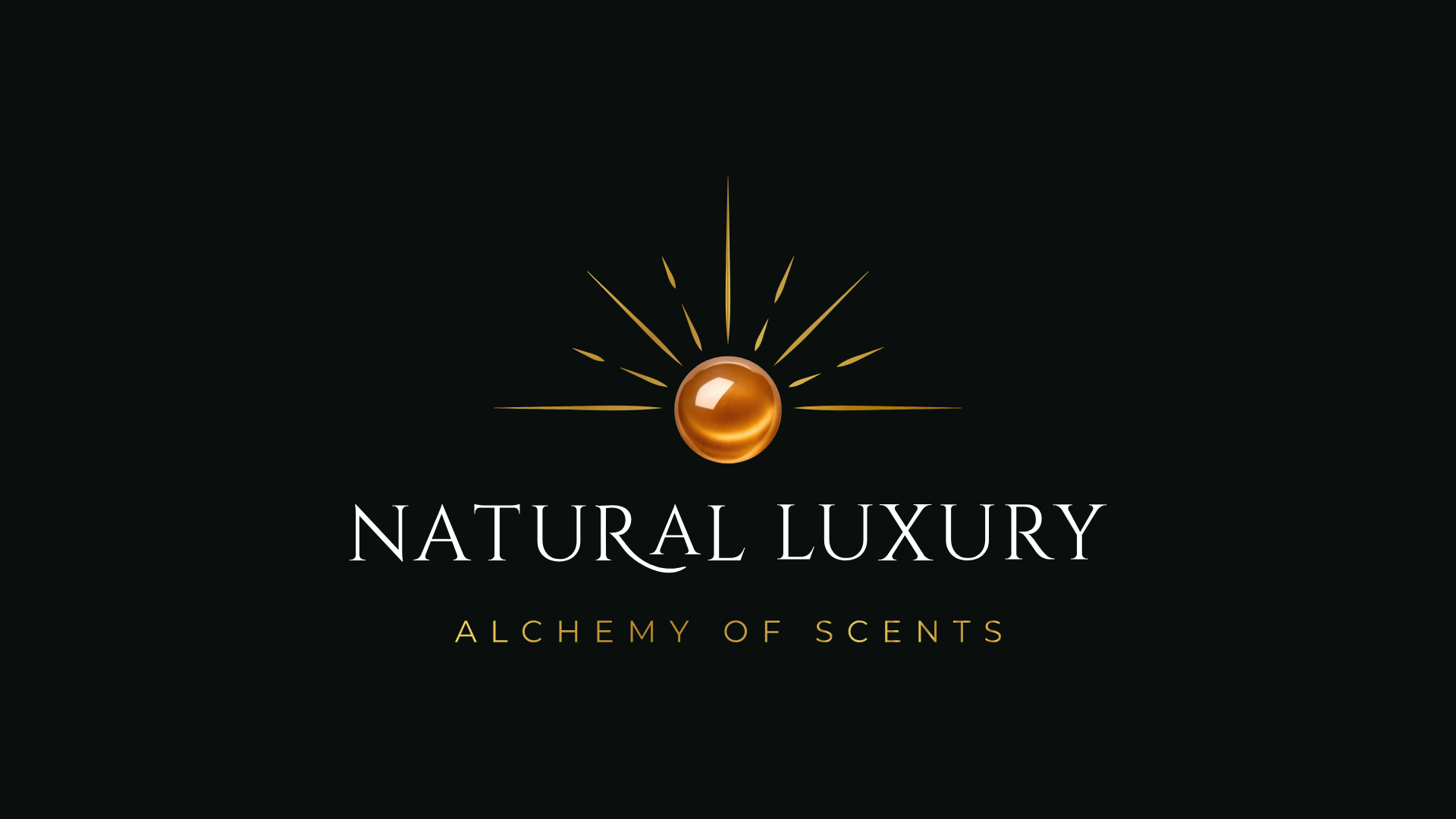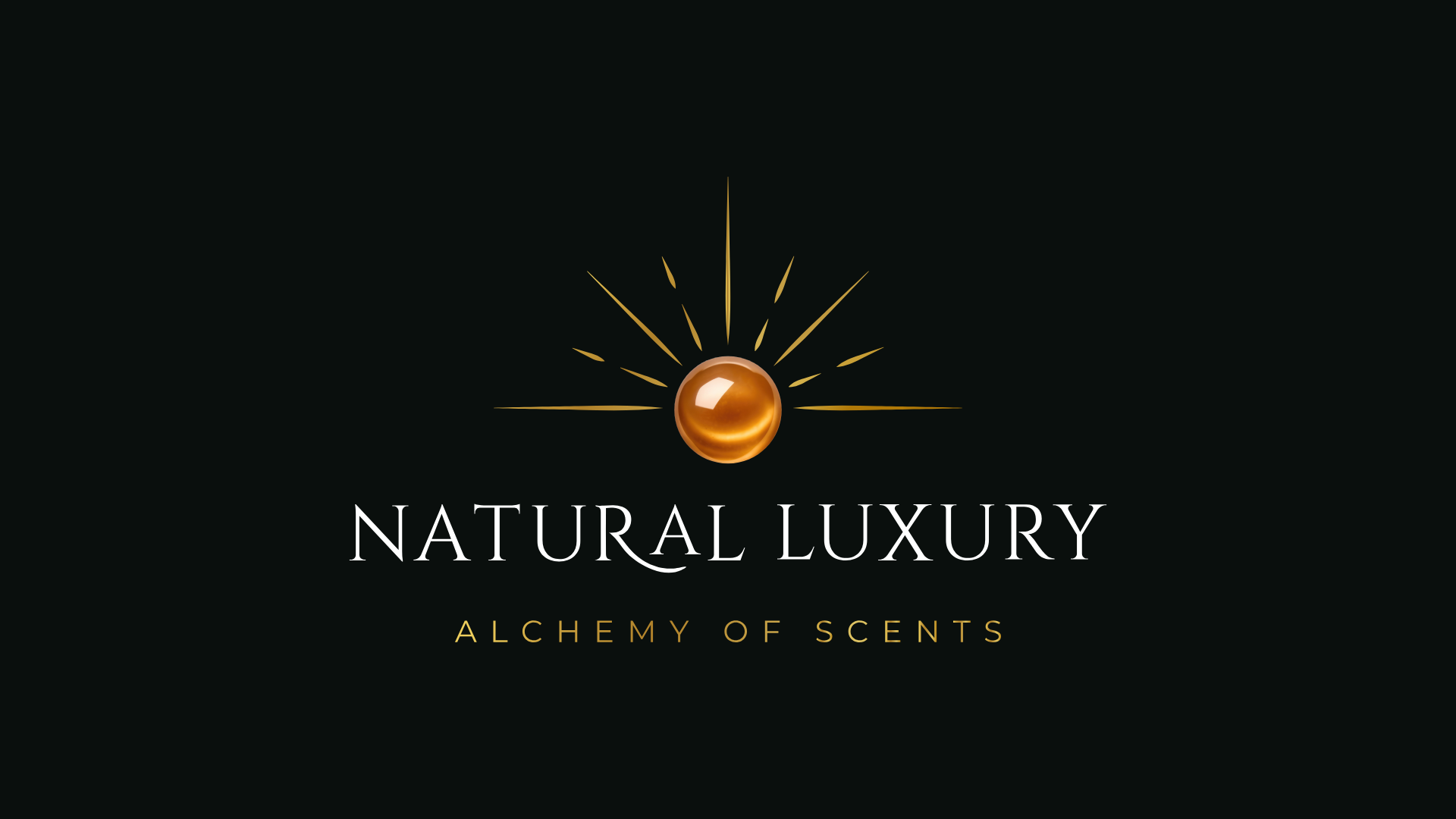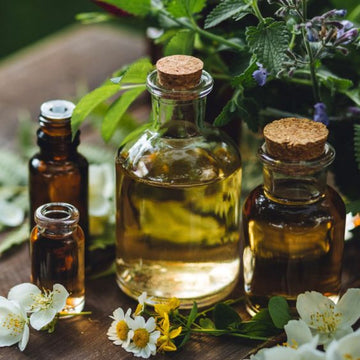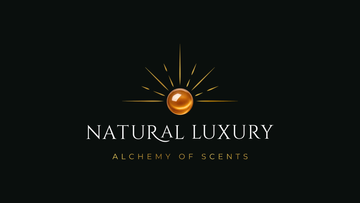As awareness of health and environmental issues continues to grow, more consumers are becoming mindful of the products they use daily. One area where this shift is particularly evident is in the choice between natural and synthetic fragrances. While synthetic fragrances have long been popular due to their wide availability and variety, natural scents offer numerous advantages that make them a superior choice for both personal well-being and environmental sustainability.
Health and Safety:
One of the most compelling reasons to choose natural scents over synthetic fragrances is the impact on health. Natural scents are derived from pure essential oils and botanical extracts, which are free from the harsh chemicals often found in synthetic fragrances. These synthetic chemicals, such as phthalates and parabens, can cause a range of health issues, including allergic reactions, skin irritations, and respiratory problems. In contrast, natural scents are generally safer for the skin and respiratory system, making them a better choice for those with sensitivities or allergies.
Moreover, natural essential oils offer therapeutic benefits that synthetic fragrances simply cannot replicate. For instance, lavender essential oil is renowned for its calming effects, helping to reduce stress and promote relaxation. Similarly, peppermint essential oil is known for its ability to boost focus and alleviate headaches. These health benefits, rooted in the complex chemical compositions of natural oils, are absent in synthetic fragrances, which are often created using artificial compounds that do not provide the same holistic benefits.
Environmental Impact:
The environmental impact of synthetic fragrances is another significant concern. The production of synthetic fragrances often involves the use of non-renewable resources, such as petroleum, and can result in the release of harmful byproducts into the environment. These synthetic chemicals are not biodegradable and can persist in the environment, contributing to pollution and harming wildlife. In contrast, natural fragrances are derived from renewable plant sources and are often produced using sustainable farming practices. This makes natural scents a more environmentally friendly option, as they are biodegradable and less likely to contribute to environmental pollution.
Additionally, many natural fragrance producers prioritize ethical sourcing and sustainability, ensuring that their products support not only environmental health but also the well-being of the communities involved in their production. This commitment to sustainability and ethical practices further enhances the appeal of natural scents for environmentally conscious consumers.
Purity and Authenticity:
When you choose natural scents, you are opting for purity and authenticity. Natural fragrances are made from real plant extracts, capturing the true essence of the botanical source. This results in a more genuine and complex aroma that evolves over time, offering a richer and more satisfying sensory experience. In contrast, synthetic fragrances often contain artificial compounds designed to mimic natural scents, but they lack the depth and complexity of true essential oils. The result is a fragrance that may be pleasant initially but lacks the staying power and richness of a natural scent.
Furthermore, the use of natural scents aligns with the growing trend towards clean and transparent beauty and wellness products. Consumers are increasingly seeking products that are free from synthetic additives and chemicals, and natural fragrances meet this demand by offering a product that is both pure and effective. The authenticity of natural scents also means that they are less likely to cause headaches or other negative reactions that can be triggered by the strong, overpowering nature of synthetic fragrances.
Emotional and Psychological Benefits:
Natural scents have a profound ability to influence emotions and mood in ways that synthetic fragrances cannot match. The complex chemical structures of essential oils interact with the brain's limbic system, which is responsible for regulating emotions, memory, and behavior. This interaction can lead to a range of positive emotional responses, from feelings of calm and relaxation to enhanced focus and mental clarity.
For example, the aroma of rose essential oil is known to evoke feelings of love and happiness, while frankincense is often used to promote spiritual awareness and inner peace. These emotional and psychological benefits are unique to natural scents, as synthetic fragrances lack the natural compounds that trigger these responses in the brain. By choosing natural scents, you can enhance your emotional well-being and create a more balanced and harmonious environment in your home or workspace.
Sustainability and Ethical Choices:
Choosing natural scents is not only better for your health and the environment but also supports sustainable and ethical practices. Many natural fragrance companies prioritize the use of organic, wildcrafted, or sustainably harvested ingredients, ensuring that their products are not only safe for consumers but also for the planet. Additionally, these companies often engage in fair trade practices, supporting the communities and farmers who cultivate the plants used in their products.
By opting for natural fragrances, you are making a conscious choice to support products that align with your values of health, sustainability, and ethical responsibility. This choice is becoming increasingly important as consumers seek to reduce their environmental footprint and promote a more sustainable lifestyle.
In conclusion, the benefits of natural scents over synthetic fragrances are clear. Natural scents offer a safer, more authentic, and environmentally friendly option that enhances your overall well-being. Whether you are looking to improve your health, create a more sustainable lifestyle, or simply enjoy the beauty of pure, plant-based aromas, natural scents are the superior choice. As more people embrace the benefits of natural fragrances, the demand for these products is set to continue growing, paving the way for a cleaner, healthier, and more sustainable future.








